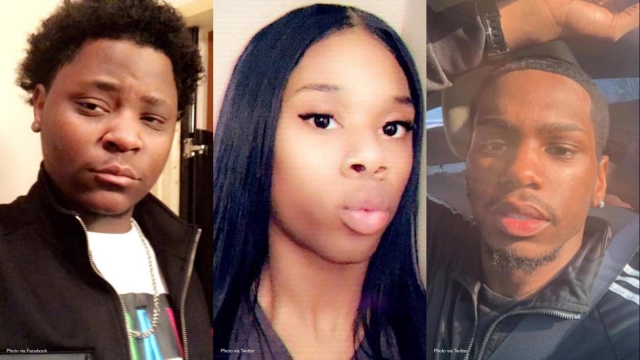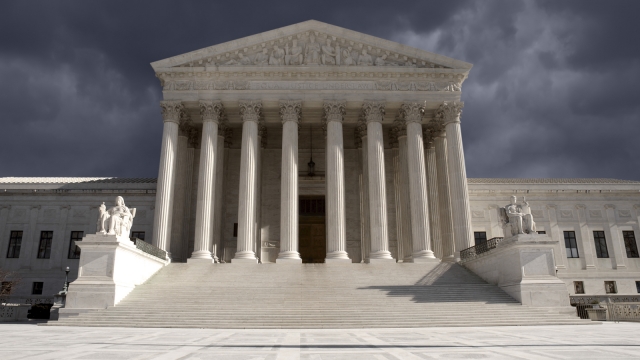
The horrific shooting deaths of three Black LGBTQ people in Detroit demands our country’s urgent attention and action.
Alunte Davis, 21, and Timothy Blancher, 20, two gay men, were found dead at the scene on May 25. Paris Cameron, a transgender woman, was taken to the hospital, where she died from her injuries not long after. Two other victims were also shot but survived.
Wayne County Prosecutor Kym Worthy’s office identified the three victims as members of the LGBTQ community and alleged that they were targeted based on their identities. According to the Detroit Free Press, a suspect has been charged with three counts of first-degree murder and is expected to be arraigned this morning in District Court in Detroit.
“It is horrifying and heartbreaking that the three victims killed in Detroit last month were allegedly targeted because they were LGBTQ,” said HRC National Press Secretary Sarah McBride. “The epidemic of hate violence that targets people of color and LGBTQ people, particularly Black trans people, is an urgent crisis. Our policymakers and leaders must do more to ensure the safety and dignity of every person in our country.”
Tragically, Cameron’s death is among nine known cases of deadly violence against the transgender community in 2019, all of whom were Black transgender women. Last year, advocates tracked the deaths of at least 26 transgender people.
“This case illustrates the mortal danger faced by members of Detroit’s LGBTQ community, including transgender women of color,” Fair Michigan President Alanna Maguire said.
These victims in Detroit and far too many others were attacked by acquaintances, partners and strangers, some of whom have been arrested and charged, while others have yet to be identified. Some of these cases involve clear anti-LGBTQ and racial bias. In others, the details are still tragically unclear.
FBI hate crimes statistics released last year revealed a disturbing increase of 17% in overall reported hate crimes from the previous year. These numbers reflect a 5% increase in reporting of hate crimes motivated by sexual orientation bias and a startling 16% increase in anti-Black hate crimes. And of the more than 130 known victims of anti-transgender violence from 2013 to present, approximately two-thirds of those killed were victims of gun violence.
To confront this alarming epidemic of hate violence, we must explicitly name racism’s impact on this country and the ways that intersecting oppressions deprive LGBTQ people of color of their fundamental rights to safely and authentically live, love and thrive. We must confront these barriers and work to lift up the voices of advocates challenging systems of power and oppression every day.
To learn more about HRC’s transgender justice work, visit hrc.org/Transgender.
Read more



